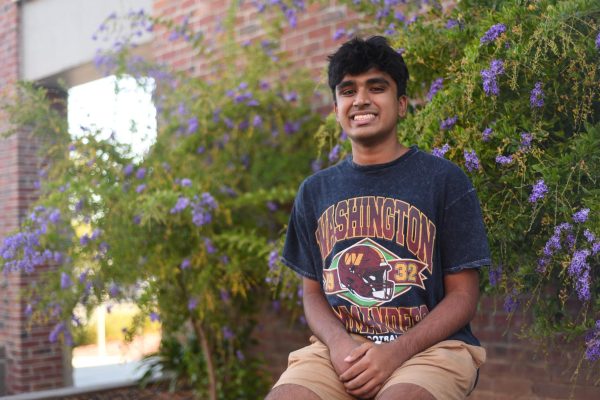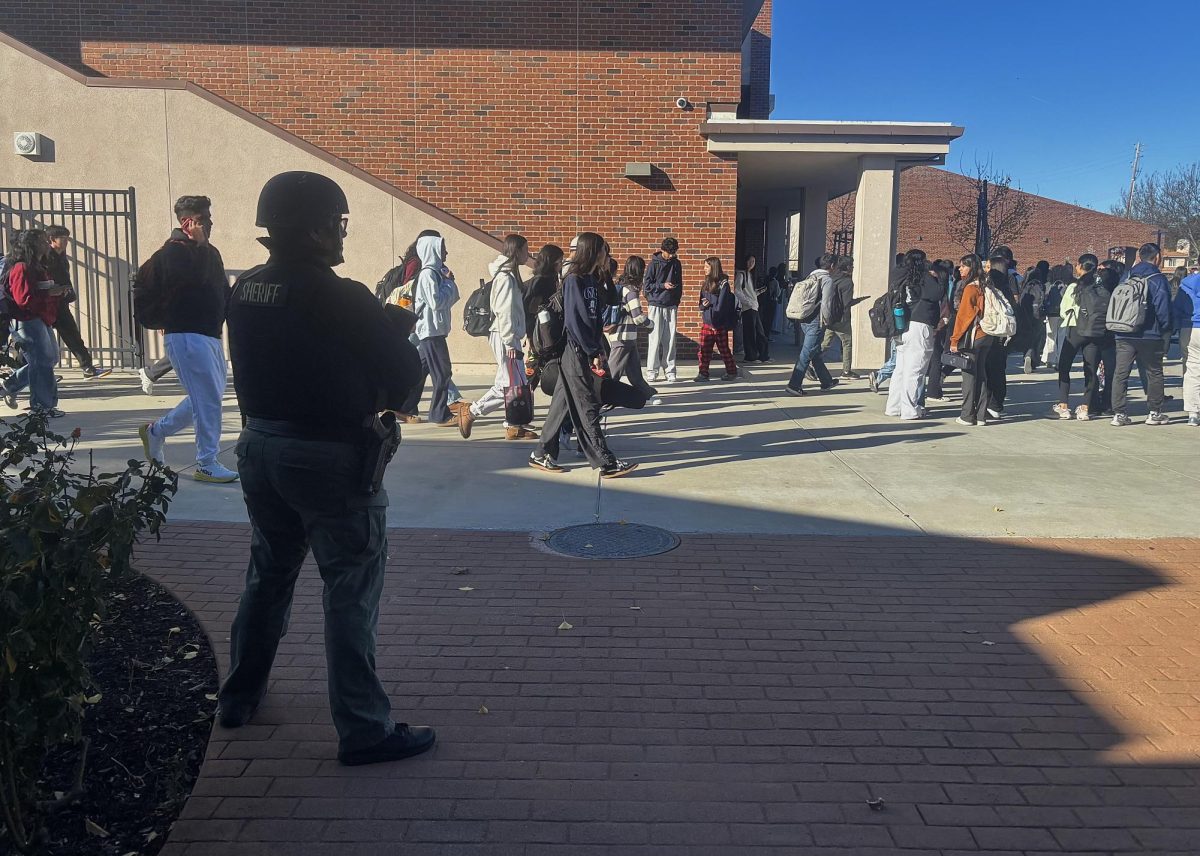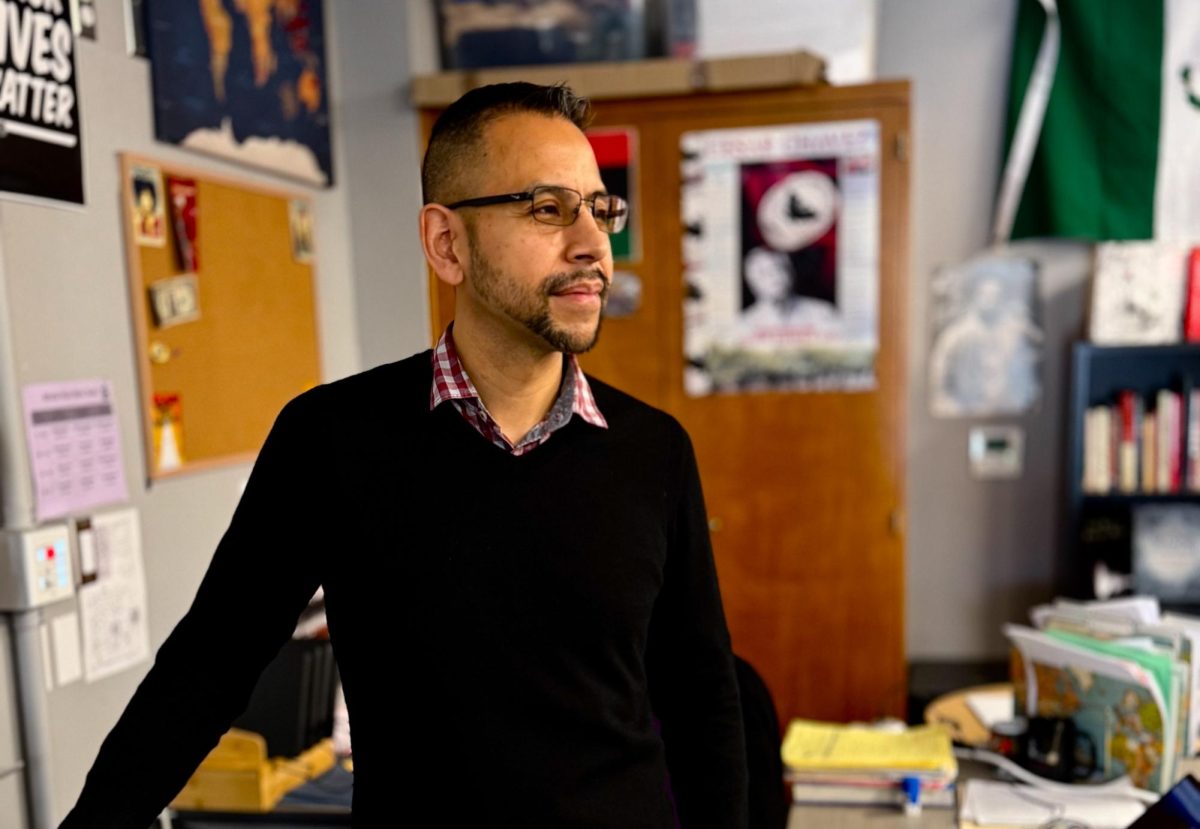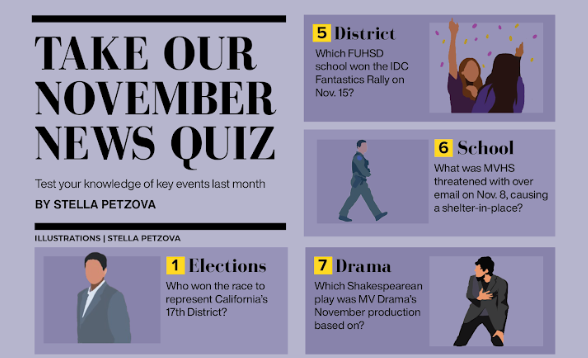Free Application for Federal Student Aid (FAFSA) is the official application for the largest college/career school financial aid in the country, as well as the most efficient. For the 2020-2021 school year, it was reported that around 18 million applications across the country were submitted. This year, however, FAFSA delayed the release of its 2024 application from Oct. 1 to Dec. 31, inconveniencing thousands of high school seniors across the country with glitches, delays and a multitude of online issues that made it harder to complete the application in a timely fashion.
In addition, on March 22, the U.S. Department of Education made an announcement that there had been a miscalculation in the student aid index, causing all applications submitted before March 21 to require reprocessing by the FAFSA board.
 Consequently, FAFSA has received significant attention this year for this setback. According to College and Career Advisor Rogelio Calderon, part of this year’s delay is due to the FAFSA Simplification Act that was passed by Congress in December of 2020, which made federal financial aid accessible to all students. Because of this, colleges have been more lenient with their deadlines for financial aid.
Consequently, FAFSA has received significant attention this year for this setback. According to College and Career Advisor Rogelio Calderon, part of this year’s delay is due to the FAFSA Simplification Act that was passed by Congress in December of 2020, which made federal financial aid accessible to all students. Because of this, colleges have been more lenient with their deadlines for financial aid.
“I definitely met with a lot of our seniors this year, troubleshooting the FAFSA application because there were so many issues with it,” Calderon said. “But, in general, it’s just trouble, supporting students through errors they may have. ”
Calderon explains how the college counseling team on campus has supported parents and seniors this year with the complications that arose. In general, the main way in which aid was provided to students was through troubleshooting with the form.
“This year, in the winter, we did have our local financial aid advisor from West Valley [High School] give a financial aid presentation,” Calderon said. “The counseling team made sure that each family with concerns about the form were met with and that all their questions were answered.”
Implemented for the 2021-2022 school year, the first change to FAFSA was to cut a significant amount of the original 100-question application. However, more changes were made for the 2023-2024 school year, with male students under the age of 26 no longer being required to register a Selective Service Form. This form collects names and addresses of men aged 18 through 25 to use in case a national emergency requires rapid expansion of Armed Forces, and students with drug-related convictions will able to register for financial aid, among other changes. For the 2023-2024 school year, the number of questions was cut down from 108 to 36, the application was made available in 11 different languages and students with undocumented parents were able to apply.
However, this reduction in questions also meant a reduction in the amount of time to complete the application. Senior Vatsel Srivastava explains his trouble with his FAFSA application and reaching deadlines amid the extensions he was being given by colleges due to the glitches.
“My colleges sent me a deadline saying, ‘Oh, do it by Feb. 2’ and then all of a sudden ‘do it by March 2, do it by April 2’,” Srivastava said. “I was like, ‘I’m just going to wait’ because whenever my friends and I tried to access it, we would have a bunch of errors and glitches.”
Senior Varsha Bharadwaj shares Srivastava’s experience and found the process to be extremely tedious. Bharadwaj’s main concern was being unsure about the financial aid she was going to receive from different colleges, as her commitment decision heavily relied on the financial aid offered by different universities.
“I have reached out to the FAFSA helpline a bunch of times, emailing and calling, but they never actually gave a valid response,” Bharadwaj said. “It was just things that never actually worked. I still think it’s a good program though because any kind of money is always helpful, I just think it could be implemented in a more efficient way.”
Despite the complications that students, parents and counselors faced this year, Calderon and Srivastava both still agree that the program is effective in helping students from families who are in need of financial support get to college.
Srivastava shares Calderon’s sentiment regarding the beneficial aspects of FAFSA and believes that they are still a helpful program to students applying to college, despite all the issues that there were with the form during this year’s college application process.
“At the end of the day I was able to get my application in, which was a good thing,” Srivastava said. “I do think that FAFSA serves an amazing purpose for students that are in need of financial aid. Even though they did have a lot of screw-ups and complications, everybody was able to have their application go through, and that’s what matters in the end.”











